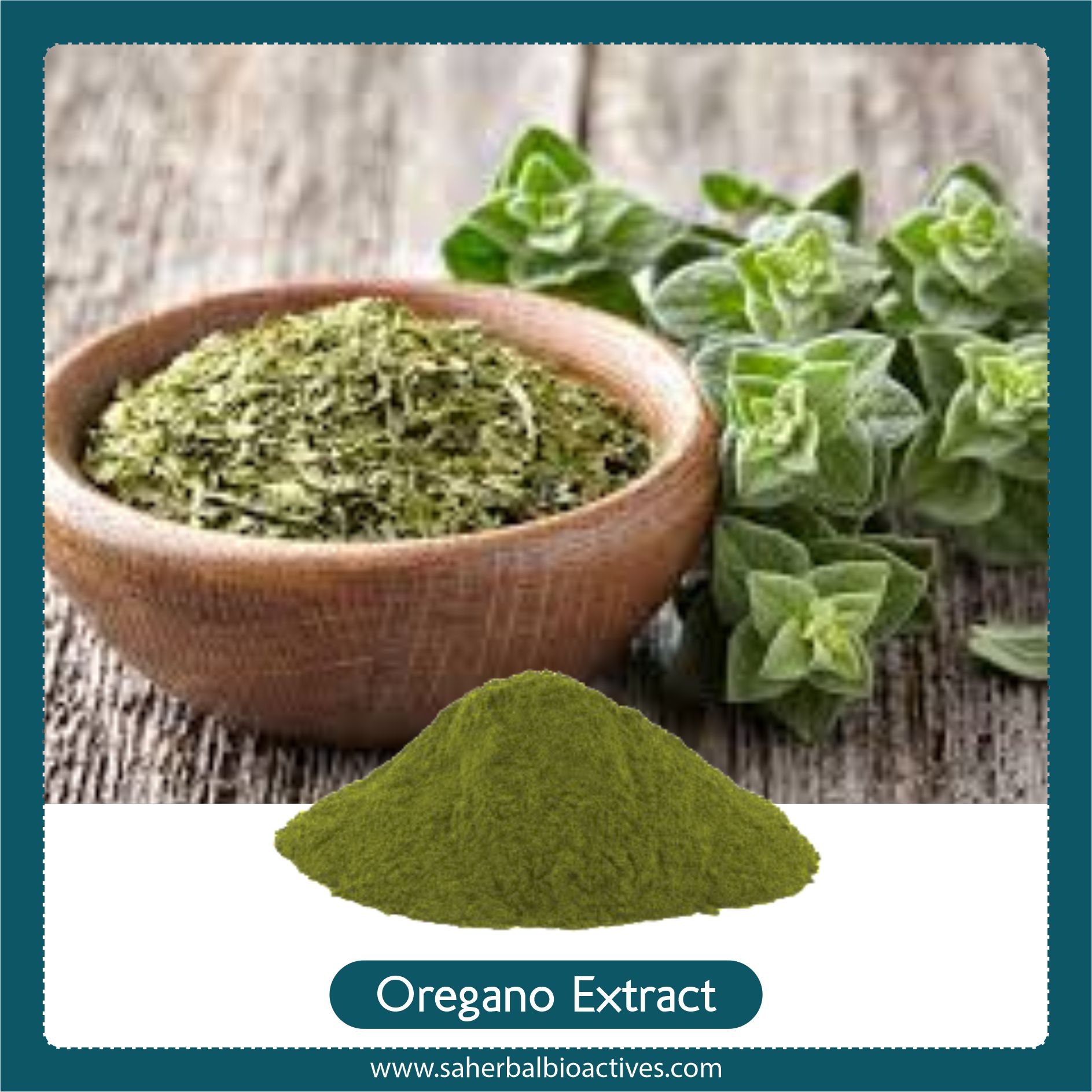Description :
Oregano, (botanical name – Origanum vulgare) is a flowering plant in the mint family (Lamiaceae). Oregano is native to temperate Western and Southwestern Eurasia and the Mediterranean region. Oregano is a perennial herb, growing from 20–80 cm (7.9–31.5 in) tall. The name comes from the Greek words “oros,” meaning mountain, and “ganos,” meaning joy, Oregano was used for Joy & Happiness. Oregano is a Mediterranean herb that is used for cooking and medicinal purposes, ranging from treating infections to repelling insects. Oregano is a culinary herb, used for the flavor of its leaves, which can be more flavorful when dried than fresh. It has an aromatic, warm, and slightly bitter taste, which can vary in intensity. People use oregano in the diet as supplements and as an aromatic oil. Oregano is used to flavor sauces, make herby bread rolls, and in marinades for meat. The Oregano herbal tea may help to alleviate headaches, urinary problems, diarrhea, nausea, lung disorders, vomiting, and jaundice and is used as a mouthwash to help with tooth infections and sore throat. Oregano is a great cold and flu remedy and aids in the treatment of indigestion, bloating, flatulence, and menstrual symptoms. Scientific study has confirmed presence of antioxidants, polyphenols, thymol, carvacrol, limonene, terpinene, ocimene, and caryophyllene which give the herb its flavor and scent. They also contribute to the health benefits of oregano oil. Active ingredients in oregano could one day help overcome problems related to Bone Joints like pain, inflammation, osteoporosis. Oregano is full of antioxidants which helps to reduce oxidative stress around cells and improve overall metabolism to control high blood sugar and regulate cholesterol levels in the blood. Oregano is also found useful during menstrual cycle, to reduce abdominal cramps and improve level of happiness.


